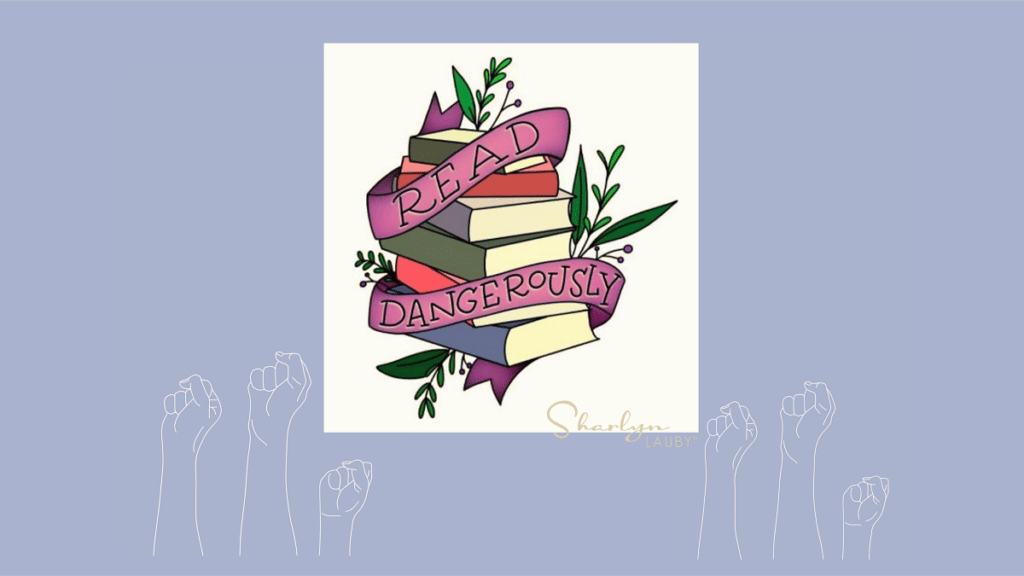Bookmark This! The Commonplace Book Edition – hr bartender
According to a 2020 survey published on Psychology Today, about 1 in 6 people are active journalers. Journaling can have a positive impact on our overall wellbeing. I’ve written in the past about how journaling can be helpful in your career development.
I’ve journaled a handful of times in my life: when I was recovering from my car accident, my first year as a consultant, and most recently during the pandemic. I found the practice very useful. But then I saw an article on Austin Kleon’s blog titled “The Importance of Revisiting Notebooks” and it made me wonder. Because I never went back and revisited those journals.
I don’t want to imply that anyone might be doing journaling wrong if they don’t go back and revisit their old journals. The article did make me wonder though if I wasn’t getting the full benefit. This started a project for me about how to make the most out of journaling. Which is how I discovered commonplace books.
A commonplace book is a way to compile knowledge. They date back to the 19th Century. People like Leonardo da Vinci, Henry David Thoreau, and Virginia Woolf have been known to keep commonplace books.
This article in The New York Times Magazine did a great job of summing up a commonplace book. They’re like a diary without the risk of annoying yourself. Commonplace books are a place to keep quotes, lines from books and songs, or pictures that just speak to you. Austin Kleon, who started me down this rabbit hole in the first place, had a nice read titled “Inside my commonplace diary”.
The best way for me to describe the difference between journals and commonplace books is that journals contain our thoughts and commonplace books contain external stimuli. That’s when it hit me. Maybe what my journaling practice was missing was the outside world. So, in an act of rebellion, I decided to merge my journaling with a commonplace book. Here are two things I learned.
It’s very easy (and relatively inexpensive) to start. I didn’t buy a fancy journal or book to start this project. You know all those free notebooks we get at conferences? I grabbed one of those. I figured if I really get into it, then I can decide later if I want something more.
When I want to journal, I do. And when I want to remember something that I’ve seen or heard, I make note of that too. Sometimes they are related. I might see a quote that I want to remember and make a note of why I want to remember it.
I’ve been using this combination journal / commonplace book approach for a few months, and I must say I’m enjoying it. I also find myself occasionally revisiting what I’ve written … which is what prompted this project in the first place.
If you’re looking for a way to add something new to your journaling practice, I hope you find this helpful. And if you were trying to figure out if journaling is for you … maybe researching commonplace books makes sense. There are no rules. Ultimately, it’s about finding the right combination of things for you. Because when it works for you … then it works. And that’s what is important.
Image from Sharlyn Lauby’s latest graphic t-shirt from TeePublic
40